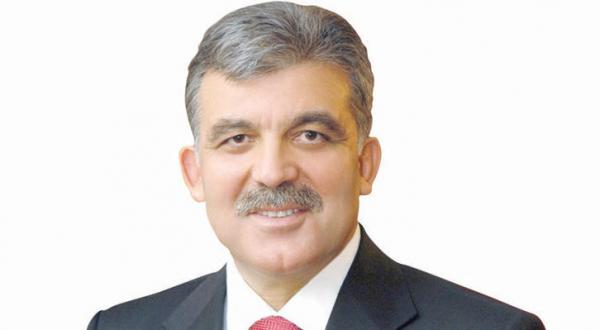Istanbul- Former Turkish President Abdullah Gul remarked that the Custodian of the Two Holy Mosques King Salman bin Abdulaziz’s recent instructions on cooperative work and development of relationships with fellow countries is a chief influence to the growth of Saudi-Turkish relationships.
Former President Gul considered that Saudi Arabia is the greatest factor to the equation ruling the Arab Gulf and Arab countries, and thus it holds significance to Turkey.
Gul told Asharq Al Awsat newspaper that current progress between the Kingdom of Saudi Arabia and Turkey is established on strong foundations. He later on expressed his appreciation to the witnessed notable improvement of the state-of-affairs shared by the two “brother” countries, and confirmed that no competition ever existed between the two, even at a time when outlooks concerning certain issues differed.
Following is a selected set of questions answered during an interview with former Turkish President Abdullah Gul:
What is your given evaluation on King Salman’s current visit to Turkey?
I have always, in all posts I occupied, given great attention to the relationships shared with the Kingdom of Saudi Arabia, and the Custodian of the Two Holy Mosques King Salman’s visit to Turkey- given it is an official one- will have tremendous significance as to developing and evolving affairs between the two brother countries after the late stringency.
However, King Salman’s wisdom and inclination towards collaborative work and developing relationships with fellow countries is a great factor. His Highness’ visit to Turkey and attendance at the Organization of Islamic Cooperation (OIC) summit is a high-caliber event; I have welcomed it feverously and was pleased to see such a remarkable development.
Saudi Arabia is the greatest factor playing to the equation ruling the Arab Gulf and Arab countries; therefore it stands to be of great importance, as for the Saudi-Turkish relationships I see them growing steadily.
When I was in office, the late King Abdullah bin Abdulaziz visited Turkey, twice; at the time I had sent an invitation to King Salman – his Highness was the Deputy Crown Prince then- and he did visit Turkey. Many agreements were signed during the visit, whether on economic affairs, military manufacture or defense production and those initiatives have launched intensely.
What is your take on the development of affairs?
I see that the current development is based on strong foundations which happened under those circumstances; hence I am very grateful for these grand developments between the two countries.
How do you view the outlook on Turkish-Saudi relationships after these developments and wide-span openness?
Shared affairs can be developed more and more. The primary civil and setting structure for these propagating relationships was instigated and has reached completion in a short time. The current developments are excellent additions whether on the economic or the military manufacture spectrum.
As you know, many agreements were signed at the time, concerning military training between Turkey and the Kingdom and cooperation on defense production alongside other strategic agreements.
How do you interpret threats surrounding Gulf countries and the case on Iranian intervention?
There was a stage of instability among Arab countries, which led to rising anxieties on existing foreign threats; some countries viewed that as such, while other
countries had different approaches to the subject. It is true that these countries have felt different threats, yet, after the nuclear deal and the Iranian reconciliation with the West, I believe that it should reflect on given issues regarding regional instability and lead to ridding of foreign threats impending on all countries of the region.
